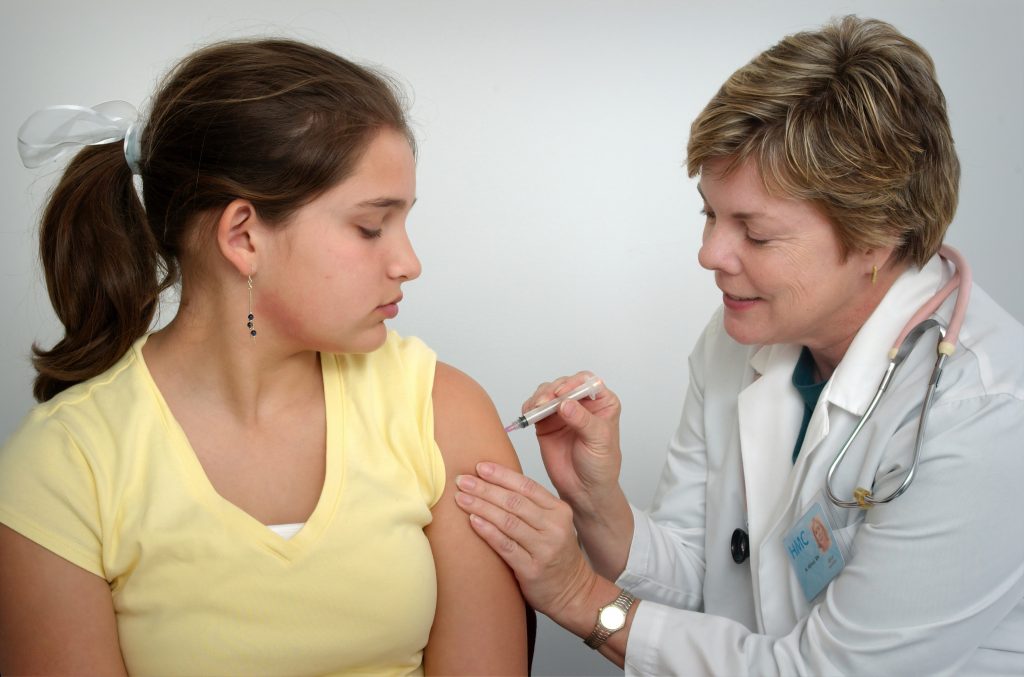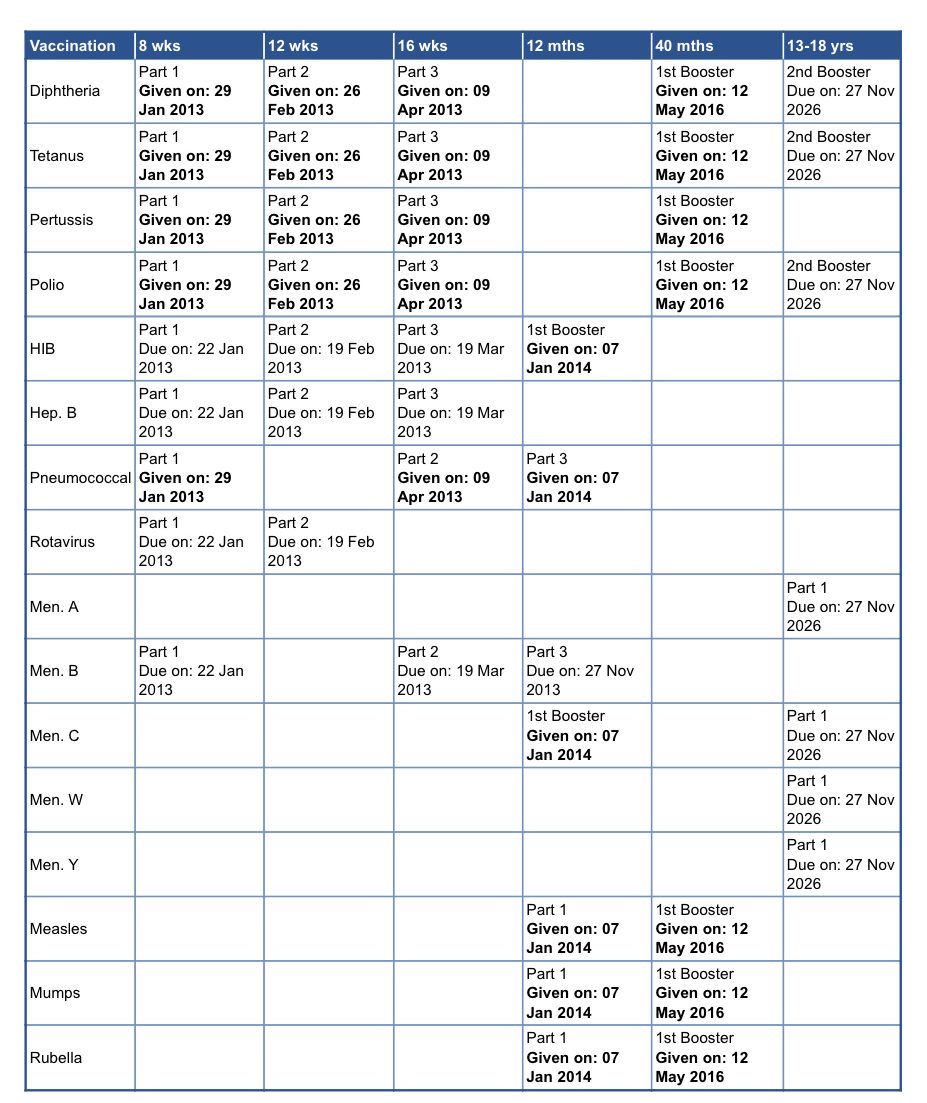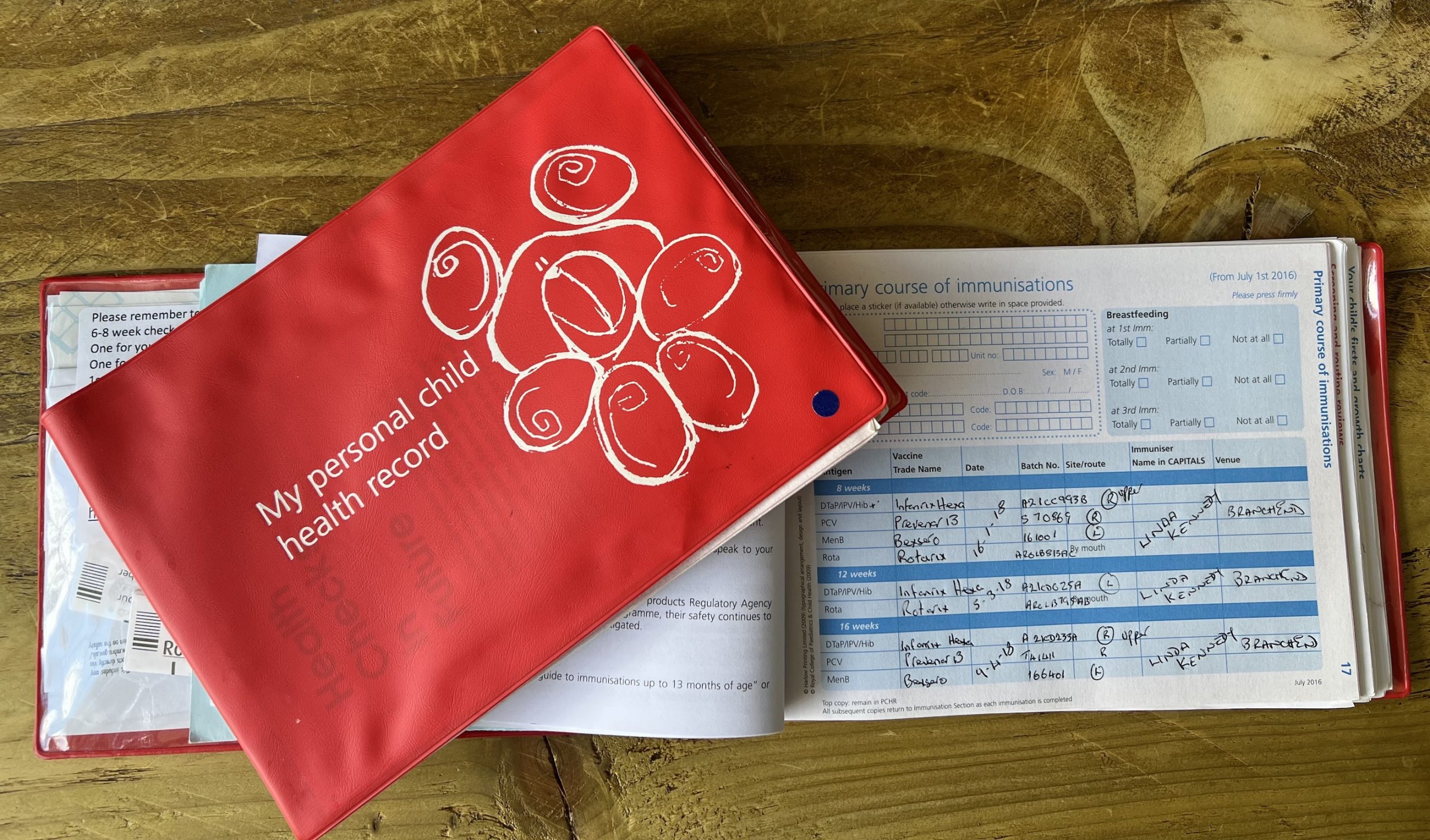Calling All Students: Check your vaccinations are up to date.
We know viruses spread quickly and easily when large groups of people get together.
When schools, colleges and universities start their new academic years, lots of people come together from different areas or countries.
This makes it easier for viruses to spread, especially in higher education, where people live together and use shared spaces like university halls.
You might have heard it referred to as ‘Freshers’ Flu’ when many new students catch coughs and colds at the start of their first term.
These common bugs are typically short-lived and mild. However, if you miss any childhood vaccinations, you can be exposed to potentially more serious illnesses.
The three vaccines discussed in this article are all acronyms – HPV, MMR and MenACWY. We’ll go through what those names mean and why catching up on any of these jabs is vital, especially if you are about to start college or university.
Read through or jump to sections using the buttons below.
The good news is that it’s not too late. You can catch up on any jabs you missed and start the next chapter of your life in the best possible health.
MMR – Measles, Mumps and Rubella
The MMR vaccine needs two doses, normally given before you turn 4. This provides about 99% protection against infection.
Vaccination rates against measles have fallen in recent years. In some areas of the country, up to 2 in 5 children might be unprotected.
If you or your child missed an MMR vaccine, it’s not too late to catch up.
First, check your ‘red book’ for records of vaccinations to be sure. You may also see all childhood immunisations in your online records.
Second, if one or both doses are missing, please get in touch.
HPV – Human papillomavirus
HPV is the name for a group of viruses that cause types of genital warts and cancer.
Most notably, nearly all cases of cervical cancer are caused by HPV. This is why cervical screening tests for the presence of HPV.
Vaccination against HPV is given in schools – to boys and girls at the age of 12 or 13.

HPV passes through skin-to-skin contact, most often through sexual activity.
In most cases, people will not know they have it unless it develops into a more severe condition.
Again, with new groups of people forming at college or university, protection against HPV is vital.
If you weren’t offered or missed the vaccine in school, it is free through the NHS up to your 25th birthday.
MenACWY – Meningitis
The name comes from the four strains of meningococcal bacteria – A, C, W and Y – that can cause meningitis and blood poisoning (septicaemia).
Meningitis can be very serious, even life-threatening.
The MenACWY vaccine is offered in school to Years 9 and 10. This is usually done simultaneously with the ‘3 in 1’ teenage vaccine (which boosts protection against tetanus, polio and diphtheria.)
Currently, around 1 in 8 new students are unprotected, so we encourage anyone who missed the jab in school to get a catch-up vaccination, which will be available up to the age of 25.
Checking Your Vaccination Record
It’s essential to check that your vaccinations are up to date.
Childhood vaccinations will have been recorded in your Personal Child Health Record or Red Book.


If the information isn’t there, or you no longer have the book, then there are other ways to check your vaccination history.
If you are registered for online services with your GP, you can check your immunisation history. If you have proxy access for a child, you can see their jabs, too. If you don’t have online access, please contact your practice.
